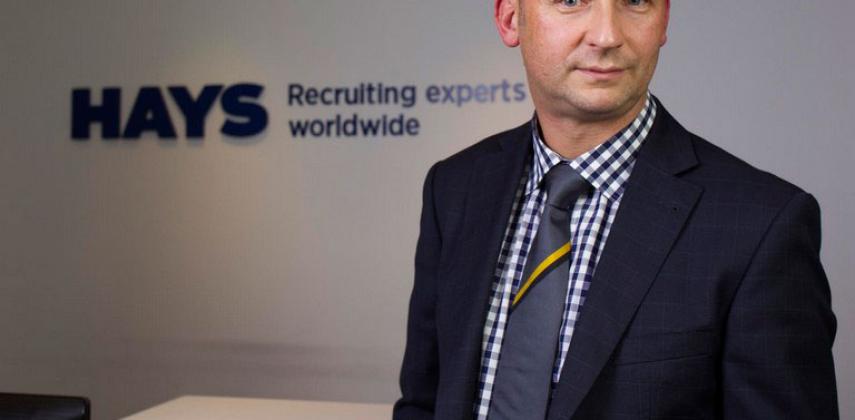Internships with major companies are a powerful weapon in the race to find employment
This year, university graduates are bracing for challenges in landing their first job – and those with internship experience have an edge, says Sharmini Wainwright, regional director of Michael Page and Page Personnel.
Large companies are not hiring as many graduates as they did in previous years, Wainwright says. According to research by Page Personnel – which places candidates in jobs from entry to middle-management level – large firms hired 30 per cent less graduates into their management trainee schemes in 2013, compared to 2012.
On the flip side, cost-conscious companies may extend their search nets for other roles to include graduates, because they are more willing to hire people with less experience to train up.
“The market in 2014 is incredibly competitive for graduates,” Wainwright says. “The good news, however, is that increasingly clients are looking to invest in individuals who are talented and show capability and potential, rather than hiring experienced individuals for cost and longevity reasons.”
She stresses that those who get jobs are typically the ones with internship experience, and so graduates should try to get into the game as early as possible.
“It is really important where you undertake your internship,” she says. “An internship with multinational corporates or large Hong Kong-listed companies is a brilliant way to stand out. At a small to medium-sized enterprise, it is good for personal development. However, it may not be enough.”
To stand out from their competition, graduates are also advised to think in terms of what areas they want to target specifically and how they present their personal brands.
Wainwright points out that life experiences and achievements are two key differentiators. “When assessing graduates, we look at life experience,” she says. “Have they studied abroad? Have they been involved in anything that strengthened their maturity to live in the real world? What are their achievements in sports, academic studies, music or arts? [They need to] highlight outstanding achievements.”
But the most critical factor is the graduate themselves – their personality and ability to present themselves as a package. “The ability to communicate well, to write well, and particularly to interview well are key. The biggest edge you can have as a graduate is the confidence to talk about yourself,” Wainwright says.
She adds that graduates are becoming more independent. They have more information to make their own judgments, which means that their parents have less influence. They have better networks, and know how to find a job from alumni, career centres and recruitment agencies.
However, out of respect, many graduates are too passive and don’t want to be too pushy. “They should take control of their career direction and proactively drive what is ahead of them,” Wainwright says. “They should try to be a bit more aggressive as they don’t know [the outcome] until they have tried.”





